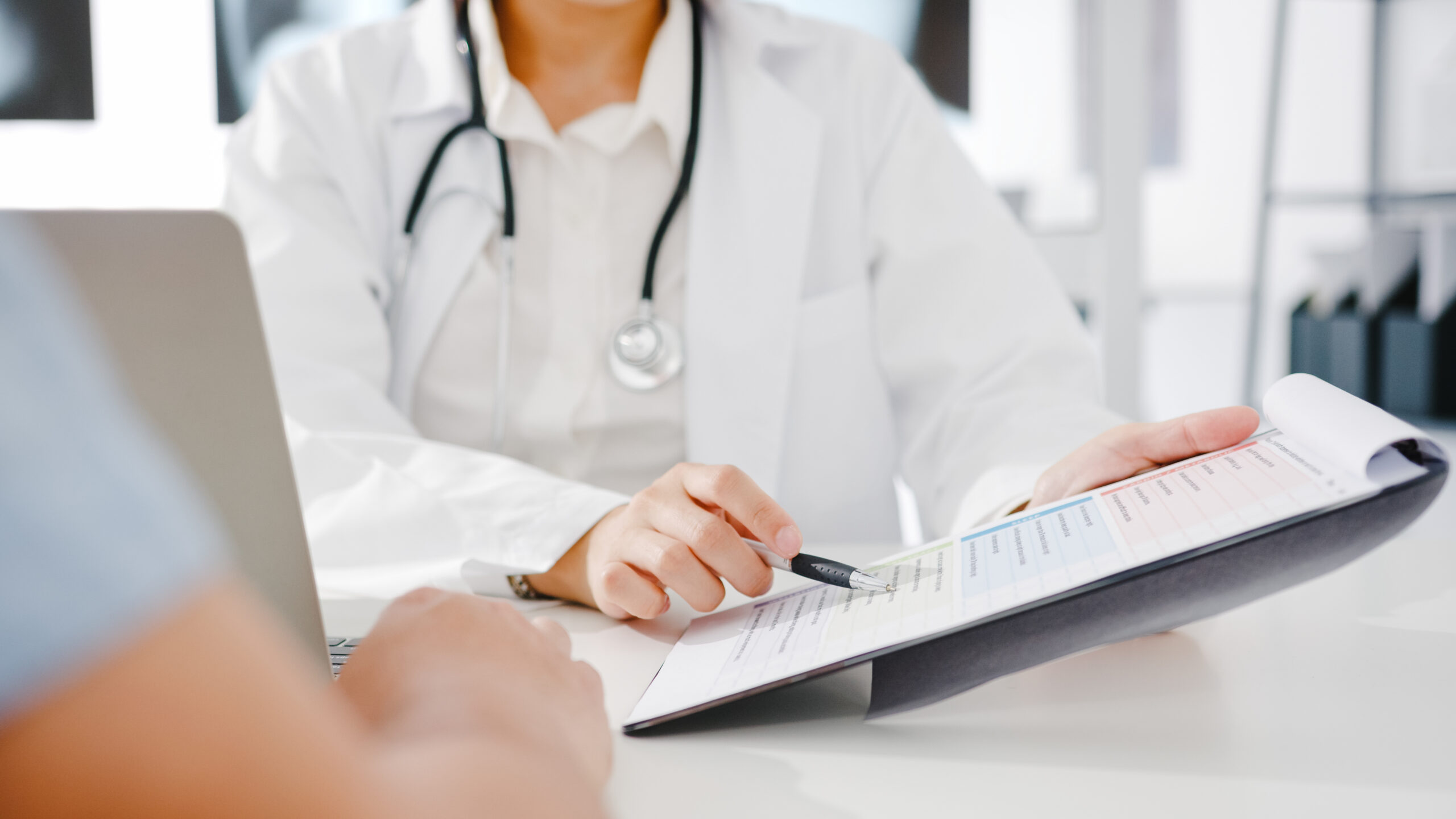
Will Medical Bills Come Out of Your Car Accident Settlement?
If you’ve received a car accident settlement, you will likely need to use some of the money to pay back those who paid your medical bills. After a car crash, it is common for insurance carriers and healthcare providers to seek reimbursement for medical expenses.
If another driver’s negligence causes a car accident, that individual is legally responsible for the accident victim’s medical bills and other damages. Unfortunately, it can take a considerable amount of time to resolve a lawsuit and to receive compensation from the at-fault driver. In most cases, an insurance carrier or healthcare provider will pay your medical bills or put them on hold until after the lawsuit settlement.
The purpose of a personal injury lawsuit is to make a victim whole again, not to earn a profit. Once a personal injury claim settles, the insurance carrier or healthcare provider will expect repayment. The amount of money spent on the medical treatment that helped you recover will typically be deducted directly from your car accident settlement.
Not everyone involved in your case is entitled to a portion of your settlement. Keep reading to learn how money is distributed in a car accident settlement and how an attorney can protect your right to compensation.
How Medical Bills Are Paid After a Settlement
The driver responsible for a car accident is responsible for car accident injury treatment according to West Virginia state law.. Until a personal injury claim can prove the other driver was responsible for your injuries, you will be responsible for the medical bills you’ve incurred. This means you may need to pay your bills through an insurance policy or put them on hold until after the lawsuit settles.
Once you receive a personal injury settlement, you will be expected to pay your medical bills. The entities that paid your medical expenses or paused payments may issue a medical lien to recover these costs. A variety of entities can issue a medical lien including a medical provider, an insurance carrier, or the government through Medicaid.
When an insurance carrier or medical provider demands reimbursement from a car accident settlement, the process is known as subrogation. The subrogation amount and bills you may still be required to pay in the future largely depend on the language used in the insurance policy or payment agreement. The medical provider or insurance carrier can send your bill to debt collection if you do not pay.
If you’ve received a medical lien from an insurance company or a medical provider, don’t hesitate to contact a personal injury lawyer. Without professional guidance, a lien that’s entered debt collection can substantially impact your mental and financial wellbeing. Lien law can be complicated; however, it is possible to reduce the amount you owe.

Can You Negotiate the Cost of Your Medical Bills?
Yes, you can negotiate the cost of medical bills, and no, it will not impact your settlement amount if you successfully negotiate your medical bills. In most cases, medical treatment costs are negotiated after the victim enters recovery and after a settlement is issued. This process ensures the victim receives the proper compensation from the settlement before any negotiations occur.
A car accident lawyer can carefully review and analyze your medical bills to identify any discrepancies. Between medical bill statements, lien claims, and debt collector statements, it’s easy for the hospital or insurance to accidentally overcharge you for a service or double-charge for a treatment. A lawyer can also negotiate directly with the lien holder to reduce the total claim.
Likewise, health insurance companies often receive huge discounts on items like emergency room or ambulance fees. For example, the hospital may bill your insurance carrier for a $1,000 ambulance ride, but your health insurance company might only pay $800. Your attorney may be able to negotiate a reduction when the insurance company comes for your personal injury settlement.
How a Personal Injury Settlement is Split
After the jury makes a judgment in a car accident claim, the agreed-upon personal injury settlement is split a few different ways. In most personal injury cases, medical liens are directly deducted from a settlement first, followed by the attorney’s fees for your personal injury lawyer. Here’s a breakdown of where the money goes after a car accident settlement verdict.
1. Auto Insurance
Auto insurance is typically the first insurance coverage to apply to an injury claim. As such, the car insurance company might be one of the first entities seeking reimbursement after an accident. West Virginia law specifies the at-fault party should pay for a victim’s medical bills, so the car insurance company will likely expect you to reimburse their costs from your settlement.
There is an exception to this rule. Optional insurance coverage, such as Medical Payments coverage (MedPay) in West Virginia or Personal Injury Protection (PIP) in other states, is not required to be paid back out of a car accident settlement. These optional coverages will pay your medical bills up until the policy limit, with no reimbursement necessary.
2. Health Insurance
Health insurance will cover car accident injury treatment once other forms of coverage, like auto insurance, have been exhausted. A health insurance provider generally anticipates that you will pay back any medical bills once you receive a personal injury settlement. You are typically not responsible for any deductibles or co-pay since you likely paid these costs during treatment.
If you receive government-based Medicare or Medicaid medical benefits, and Medicare or Medicaid paid your medical bills, you are required to reimburse the provider for all medical costs once you receive a personal injury settlement.
3. Attorney’s Fees
You must pay your personal injury lawyer from your total settlement amount. All personal injury attorneys charge a contingency fee, a percentage of your total settlement amount paid to the attorney if they win your case. The contingency fee, and other costs like retrieving documents such as police reports, are taken directly from your settlement check.
4. Remaining Total
Once all insurance carriers, medical providers, and attorneys have been paid, the remaining settlement amount is sent to the accident victim. The remaining amount typically reflects the amount of pain and suffering awarded to the accident victim in court. The purpose of injury settlements is restitution, so all parties who lost money should be compensated at this point.
Protecting and Making the Most Out of Your Settlement
After a car crash, several parties may be entitled to part of your personal injury settlement. However, the main goal of your case is to compensate you for the damages you’ve suffered, not just pay back the insurance company. That means you deserve the proper amount of compensation for the extent of your injuries. You may also need additional funds for future medical care like physical therapy or surgery.
A personal injury law firm will ensure the at-fault party to blame for your injuries is held responsible through swift legal action. A personal injury attorney will fight for your right to fair compensation, from medical expenses and out-of-pocket medical costs to lost wages due to your injury.
The goal of personal injury lawsuits is to help make an accident victim whole again. When the entities who paid for your medical care send your medical bills to debt collectors, the added stress could affect your healing and mental health. Contact The Miley Legal Group today for a free consultation to help make the most of your car accident settlement.

